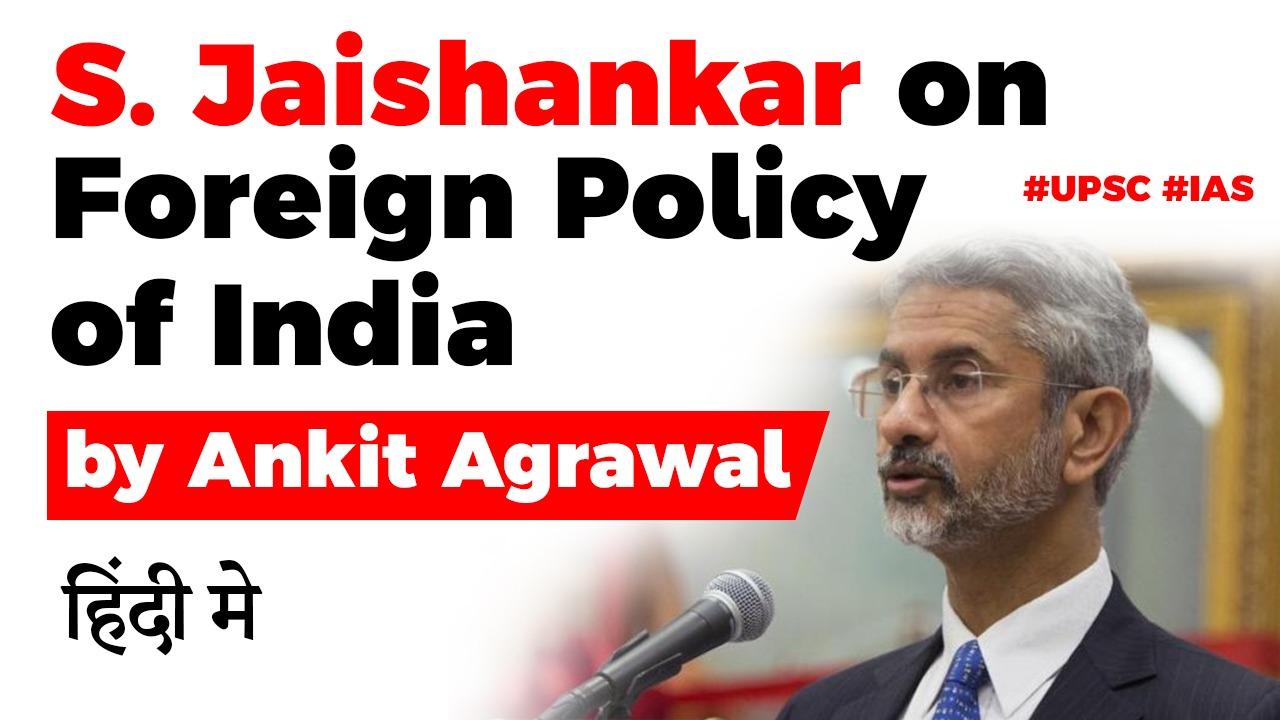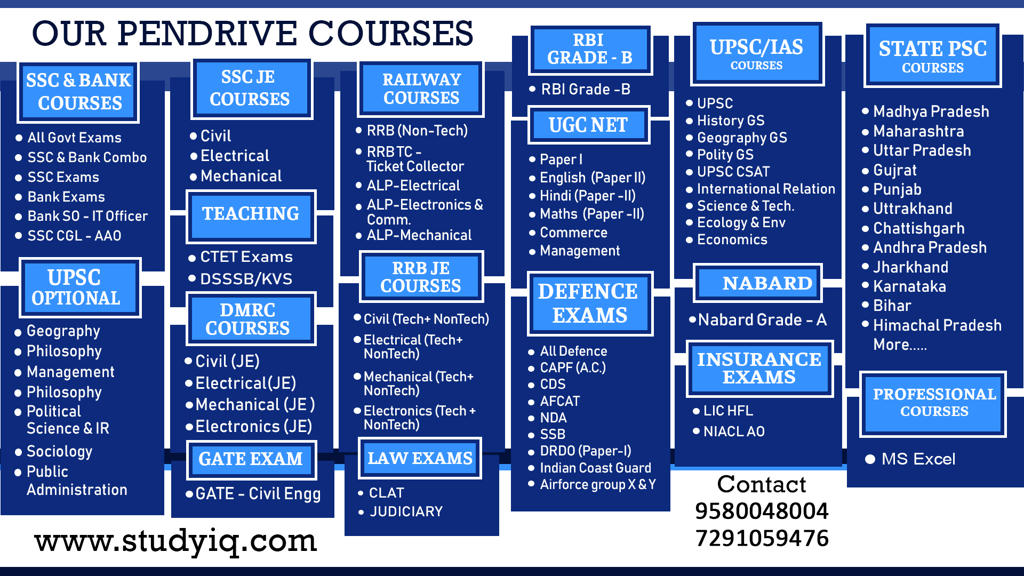Table of Contents

HOW HAS INDIAN FOREIGN POLICY EVOLVED SINCE INDEPENDENCE?
- It can be best understood by dividing into six broad phases, Each a response to a different strategic environment.
FIRST PHASE FROM 1946-62
- AN ERA OF OPTIMISTIC NON-ALIGNMENT
- Bipolar world, with camps led by the United States and the USSR.
- India’s objectives were to resist the constraining of its choices and dilution of its sovereignty as it rebuilt its economy and consolidated its integrity.
- Energetic Indian diplomacy from Korea and Vietnam to the Suez and Hungary.
- For a few years, our position on the world stage seemed assured.
- The 1962 conflict with China not only brought this period to an end, but in a manner that significantly damaged India’s standing.

SECOND PHASE FROM 1962-71
- A DECADE OF REALISM AND RECOVERY
- India looked beyond non-alignment in the interest of national security, concluding a now largely forgotten defence agreement with the U.S. in 1964.
- External pressures on Kashmir.
- Indian diplomacy had to face the superpowers together, as it did in Tashkent in 1965.
- It was also a period when domestic challenges were particularly acute, ranging from political turbulence to economic distress.
- But for our purposes, what is important is that even though the stress levels were higher, we came through an anxious period without too much damage.
THIRD PHASE FROM 1971 TO 1991
- GREATER INDIAN REGIONAL ASSERTION
- It started with the decisive dismantlement of an India-Pakistan equivalence through creation of Bangladesh.
- But ended with the IPKF misadventure in Sri Lanka.
- The Indo-Soviet Treaty and the adoption of more pro-Soviet positions on international issues.
- Complex phase as the US-China-Pakistan axis which came into being at this time seriously threatened India’s prospects.
- The collapse of USSR, its close ally, and the not unconnected economic crisis in 1991 compelled us to look again at the first principles of both domestic and foreign policy.

FOURTH PHASE FROM 1991 TO 1999
- INDIA’S STRATEGIC AUTONOMY IN A UNIPOLAR WORLD
- It encouraged a radical rethink in India on a broad range of issues.
- India opened up economically more to the world. Greater engagement with USA.
- The Look East policy summarized the changed Indian approach to world affairs.
- It also saw adjustments in its position on Israel.
- After 1998, it was now a declared nuclear weapon power
- Had fended off Pakistan’s military adventurism again in Kargil in 1999
- India generated enough economic growth to be of global interest.
- India was also able to manage well United States.
FIFTH PHASE FROM 2000 TO 2013
- INDIA ACQUIRED ATTRIBUTES OF BALANCING POWER
- This more competitive environment opened new windows of opportunity for India.
- India discovered the benefits of working with different powers on different issues.
- India-US nuclear deal as well as a better understanding with the West at large.
- At the same time, India could also make common cause with China on climate change and trade, and consolidate further ties with Russia.
- This was, in some senses, a period of opportunity where India moved the global needle by taking new positi

SIXTH PHASE FROM 2014
- PHASE OF ENERGETIC ENGAGEMENT
- China gathered more momentum and the terms of engagement.
- At the other extreme, the American trumpet sounded increasingly uncertain. (Afghan withdrawal, Paris agreement, Trade war)
- Europe too turned increasingly inwards.
- The full impact of the 2008 financial crisis and global economic rebalancing made itself felt in a variety of ways.
- Faced with all these developments, India chose to turn to more energetic diplomacy.
- It did so recognizing that we were now entering a world of convergences and issue-based arrangements.
- Our ability to shoulder greater responsibilities at a time when the world is more reticent is also evident.
SO WHAT DOES THE PAST TEACH US?
- While we ourselves have done well in many respects, many competitors have done much better.
- Overcoming many challenges, India consolidated its national unity and integrity.
- Defence preparedness was improved.
- However, the fact remains that even after seven decades of independence, many of our borders remain unsettled.

Latest Burning Issues | Free PDF






















 WhatsApp
WhatsApp